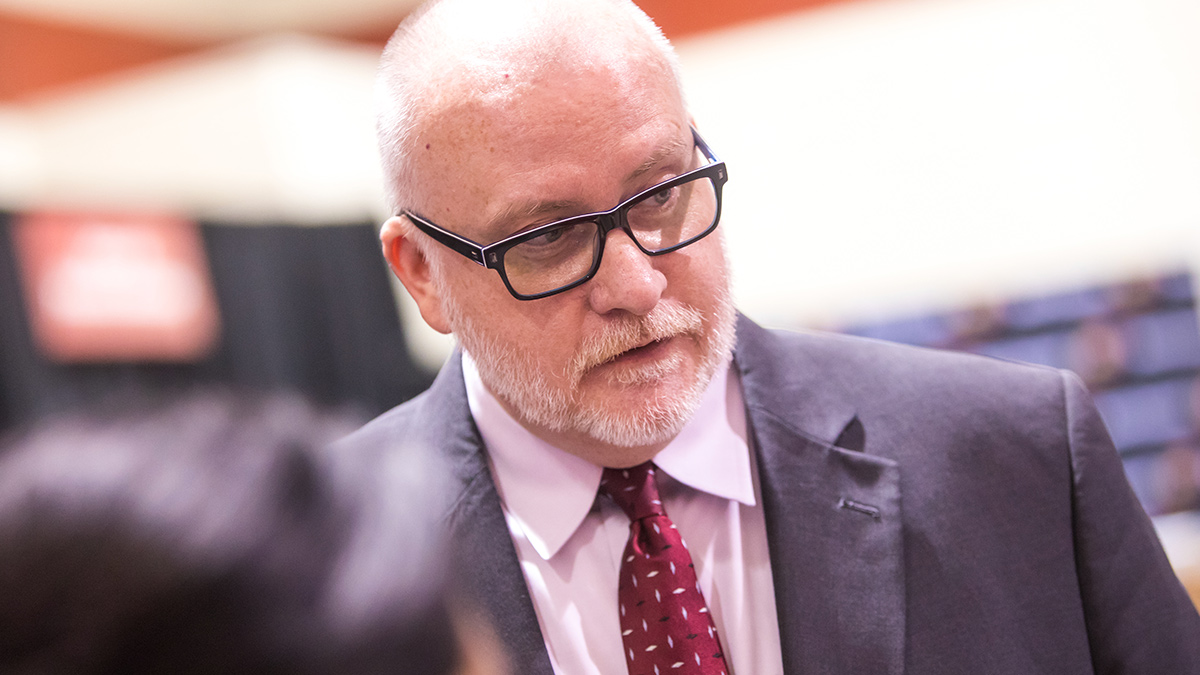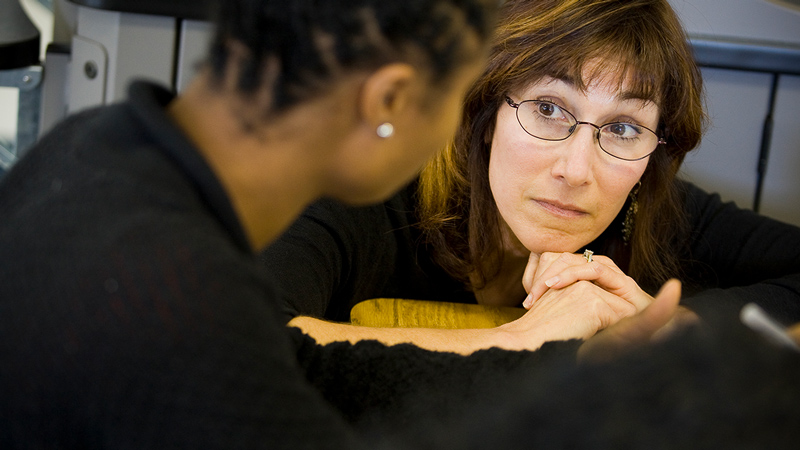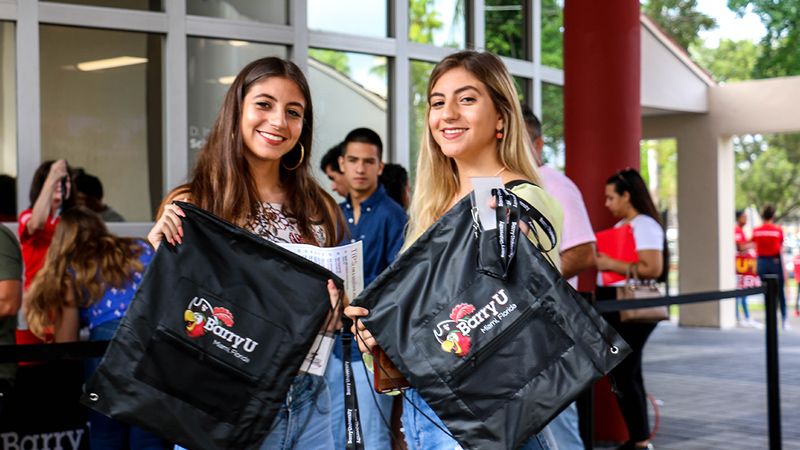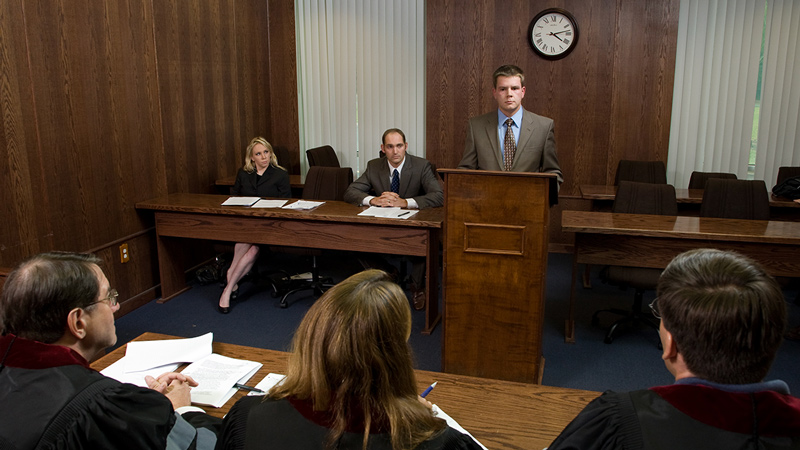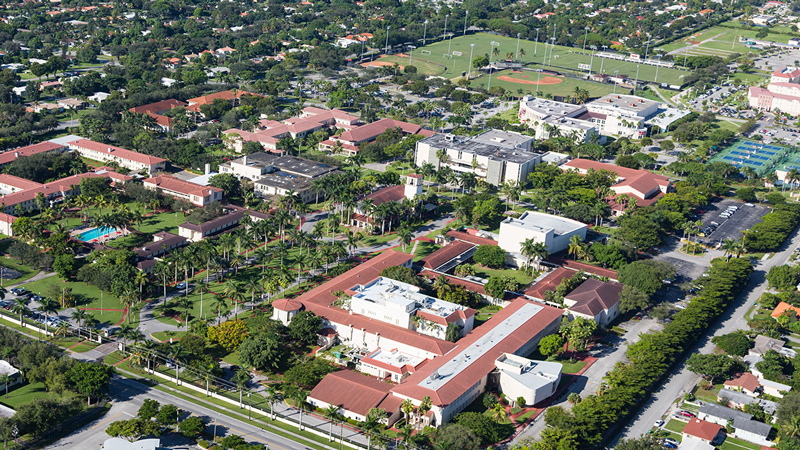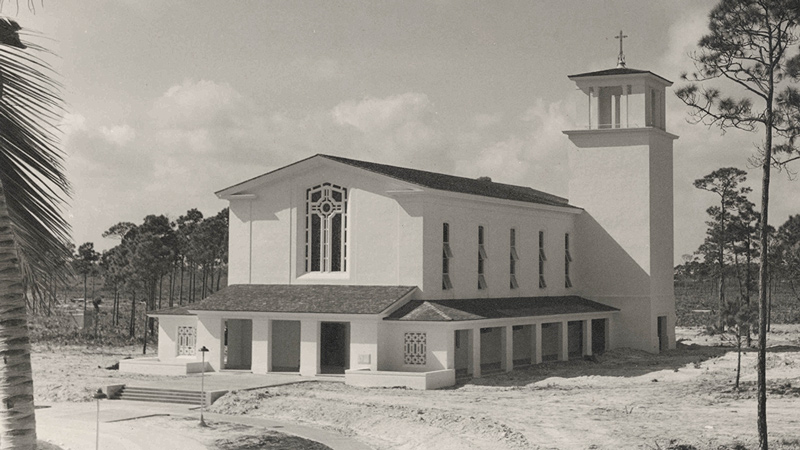Chemical principles and descriptive inorganic chemistry for students majoring in chemistry, other sciences and mathematics. Topics include; nomenclature, stoichiometry, aqueous reactions, gases, quantum description of the atom, periodic trends, Lewis structures, molecular shapes, thermochemistry and nuclear chemistry. Prerequisite: Placement in MAT 095 or higher and grade C or better in CHE 095 or score of 17 or higher in chemistry placement exam. Corequisites CHE 111L and SI 071. Must take lecture and SI with the same section number. (Fall, Spring, Summer)


